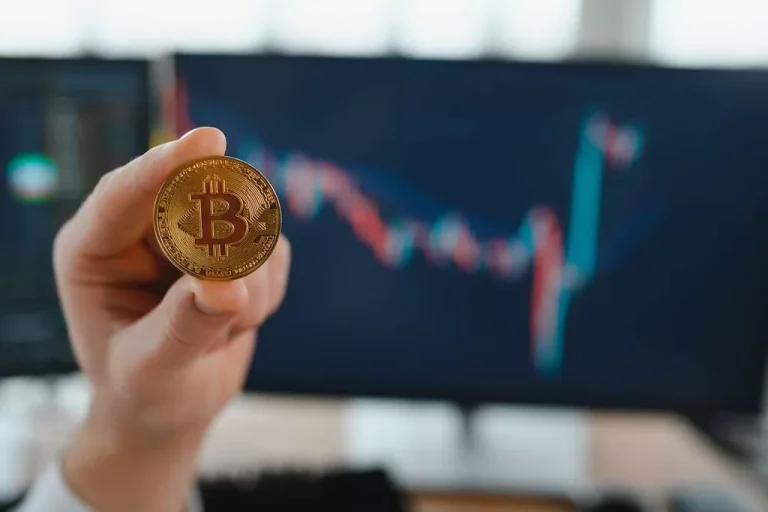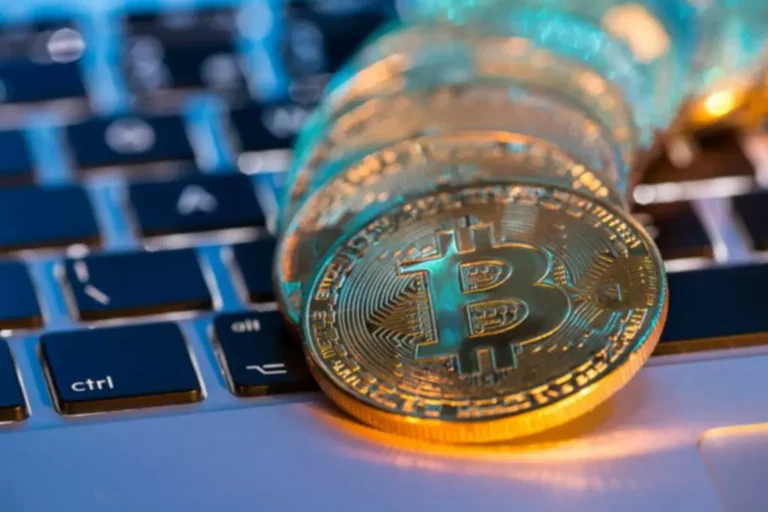An A-Book dealer operates on what’s known as a ‘no dealing desk‘ model. This implies that if you place an order to commerce a forex pair, say GBP/USD, the broker sends your order to a liquidity supplier, like a bank. This liquidity provider matches your trade with an opposite facet trade. That’s why FX Brokers with larger market makers use a hybrid mannequin.
A-Book buying and selling offers transparency and market neutrality as orders are matched with counterparties in the market, though execution instances could additionally be delayed in periods of low liquidity. In distinction to the A-Book model, the B-Book mannequin, also referred to as the “Market Maker” mannequin, entails the broker appearing because the counterparty to your trades. This means whenever you place an order, the broker itself fulfills it, buying from you whenever you promote and selling to you whenever you buy. What the dealer did is essentially “copy” Elsa’s commerce with anyone else. When a broker takes the opposite of a customer’s commerce and transfers the market danger, this is known as “A-Book execution”.
What Is A-book Vs B-book Trading?
IC Markets provides its merchants with a wide selection of platforms together with MetaTrader 4, MetaTrader 5, and cTrader. Having kinds of buying and selling platforms allows shoppers to choose and choose the platform that most closely fits them and their experience. Either method, this broker permits clients to commerce in quite so much of international markets. On this dealer website, traders have access to belongings within the forex, commodities, indices, futures, shares, and metals markets. In complete, there are over 2,200 buying and selling devices on IC Markets.
This strategy is preferred for its transparency and alignment of pursuits between the dealer and the consumer. The functioning of Forex brokers, or rather Forex dealers, is properly documented in Forex buying and selling regulations all around the globe. Forex regulatory bodies in numerous nations oversee these brokers to ensure honest practices.
Advantages Of A-book Brokers For The Retail Dealer
This blended strategy, often referred to as a “hybrid model”, permits brokers to optimize their danger administration and profitability methods. The second important income supply for B-Book brokers is the losses of their traders. Since a substantial share of retail Forex merchants, between 74% and 89%, are most likely to lose money in the lengthy run, these losses turn into the broker’s features. In essence, when a trader’s place moves towards them, the loss is successfully transferred to the broker’s account. A B-Book dealer, additionally known as a Market Maker broker, prefers this model as a result of it is typically extra worthwhile than solely collecting spreads markup or commissions, like within the A-Book model.

We’re also a community of merchants that help one another on our daily trading journey. When your dealer receives an order from you (the customer), the broker will enter into a separate trade with a liquidity supplier in the identical course as you. This might be a financial institution, non-bank electronic market maker, hedge fund, and even one other forex broker.
All the opposite accounts offered by this broker have STP processing and floating spreads starting from 0.3 pips upwards. Notably, this broker options one of many highest numbers of accounts that people can discover on the accounts page. Orders are stuffed at actual market costs thus, requotes are not permitted.
How Do A-book Brokers Course Of Trades?
Since the broker doesn’t take the opposite aspect of the trade, there is less potential for battle of curiosity. Traders even have access to better costs and professional tools similar to Depth of Market (DoM). However, with A-Book brokers spreads can differ, even by so much in periods of volatility, and slippage is more prone to occur. In other words, even when the trade opened by the dealer goes into revenue, causing a loss for the broker, the broker will make up the loss with the trade he opened together with his liquidity supplier.
Spreads refer to the distinction between the bid and ask costs, and they serve as a key source of revenue for A-Book brokers. Moreover, commissions are additionally may be charged both on a per-trade basis or as a percentage of the traded volume a book broker meaning. By working as intermediaries, A-Book brokers make sure that their earnings are instantly correlated with the buying and selling activities of their clients. Both merchants and brokers have disadvantages when using the A-Book method.
How Are Merchants Categorized As A-book Or B-book?
Most brokers lean in the path of the B-Book model for a portion of their client base, largely as a result of it could be extra worthwhile. This model is often used for smaller, much less skilled merchants who’re much less prone to be worthwhile and pose much less threat to the broker. So, while both fashions contain the dealer appearing as the counterparty to the consumer, the fundamental distinction lies in how they handle the resulting publicity and potential battle of interest. B-Book brokers retain the chance, whereas A-Book brokers switch it. With unfold markup instead, the dealer adds a small additional cost to the spread, the difference between the buy and promote costs.
The rationale behind the B-Book model is grounded in the statistical likelihood that the majority retail traders will lose money in Forex trading. Statistics indicate that between 74-89% of retail accounts lose money, suggesting that a big majority of traders make incorrect trading choices. This tendency allows B-Book brokers to revenue more typically than not, as they usually find yourself on the winning facet of these shedding trades.

Unlike an A-Book Broker, a B-Book Broker chooses to commerce in opposition to their purchasers. There is no exterior liquidity pool the place the Broker executes trades. In this model, costs are acquired from several market participants instead of just one Broker liquidity supplier. This can result in higher fills, tighter dealing spreads and extra accurate quotes. Especially when compared with the service offered by a Forex Broker that has solely a single source for its quotations.
They do not take many dangers however potentially achieve decrease earnings because they earn only on margins/commissions. An A-Book Broker earns money by charging commission or making a slight change in spreads. It works by way of bridges that join traders’ terminals directly to FX liquidity suppliers.

Nevertheless, throughout off-market hours (such because the early Asian trading session), you’ll experience exactly the other, that means that spreads will most likely widen. A-Book brokers are motivated to have worthwhile traders as a result of worthwhile merchants tend to extend either their buying and selling measurement and/or volume which means more income for the broker. The revenue created from its commerce with the LP exceeds the loss incurred from its trade with Elsa (due to price markup), so the dealer made an general web profit of two pips or $600 ($300 x 2 pips).
A-book: How Foreign Exchange Brokers Handle Their Threat
Both of these accounts cost variable commissions depending on the trading quantity of a client. Clients with a buying and selling volume of between $0M – $100M on the STP account pay a commission of $80 per million dollars traded. On the other hand, a consumer with the same buying and selling volume on the DMA account would pay a fee of $60 per $1 million traded. Spreads on these accounts differ based on market circumstances, including volatility, available liquidity, and other factors. The B-Book is a trading execution technique where brokers act as the counterparty to their clients’ trades. In this model, brokers don’t ahead clients’ orders directly to external liquidity providers or the market; as a substitute, they internally match shopper orders and take the opposite place.
How Changing Firms Impacts a Broker’s Book of Business – Advisor Perspectives
How Changing Firms Impacts a Broker’s Book of Business.
Posted: Tue, 10 Apr 2018 07:00:00 GMT [source]
It’s not like there’s a secret fraternity of A-Book brokers that stroll around in white fits releasing doves into the wild and saving homeless traders from the road. All brokers (with very few exceptions) are a mix of A & B-Book. It is the sole accountability of any recipient using or requesting a product or service to comply with all applicable legislation or regulations.
The use of A guide and B guide models permits brokers to manage danger effectively and cater to a various vary of shoppers with totally different buying and selling strategies and levels of experience. When a dealer makes use of the A-Book enterprise mannequin, all of its clients’ orders are transmitted directly to the foreign exchange liquidity provider, who in turn routes them to the interbank market. Another good reason to choose a B-Book Broker as an alternative of an A-Book Broker is that the B-Book model offers mounted spreads irrespective of should you commerce during peak market hours or off-market hours.



